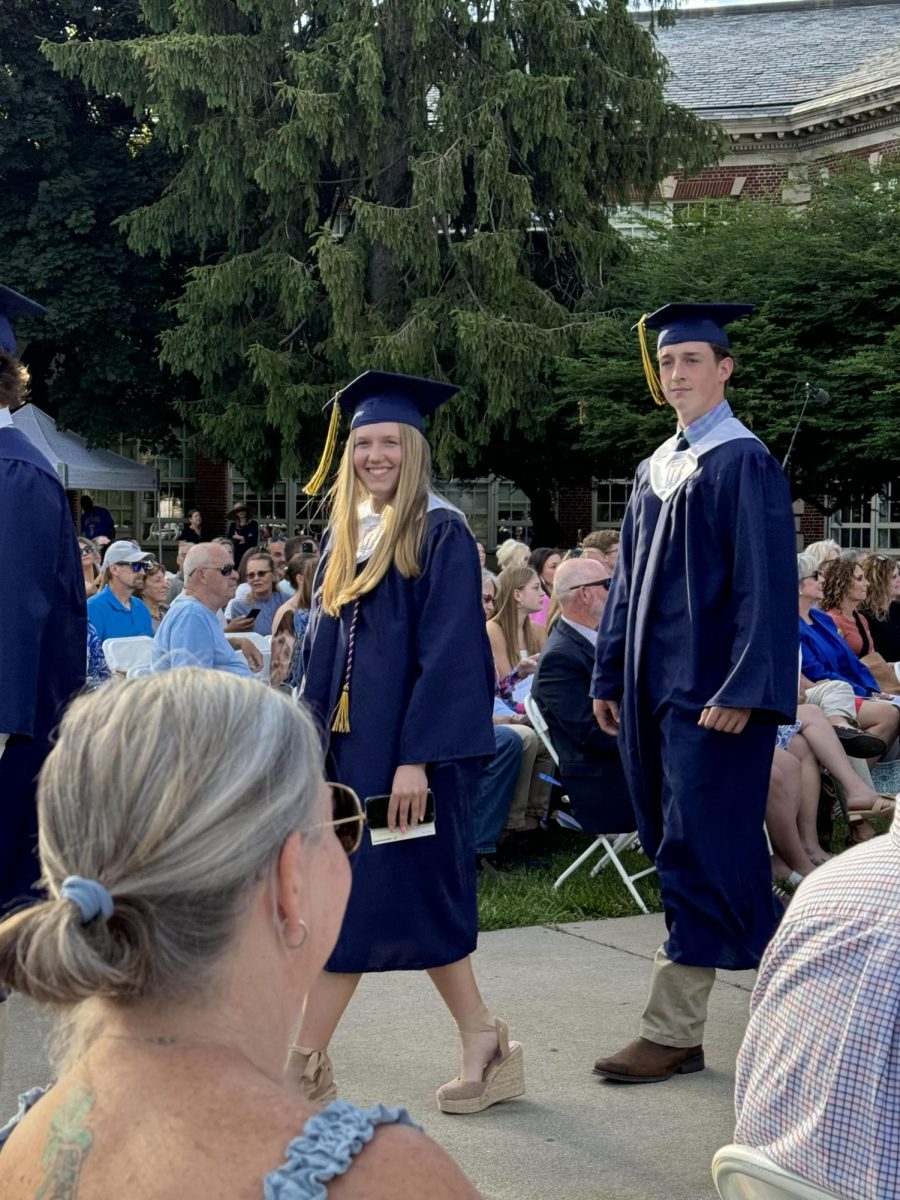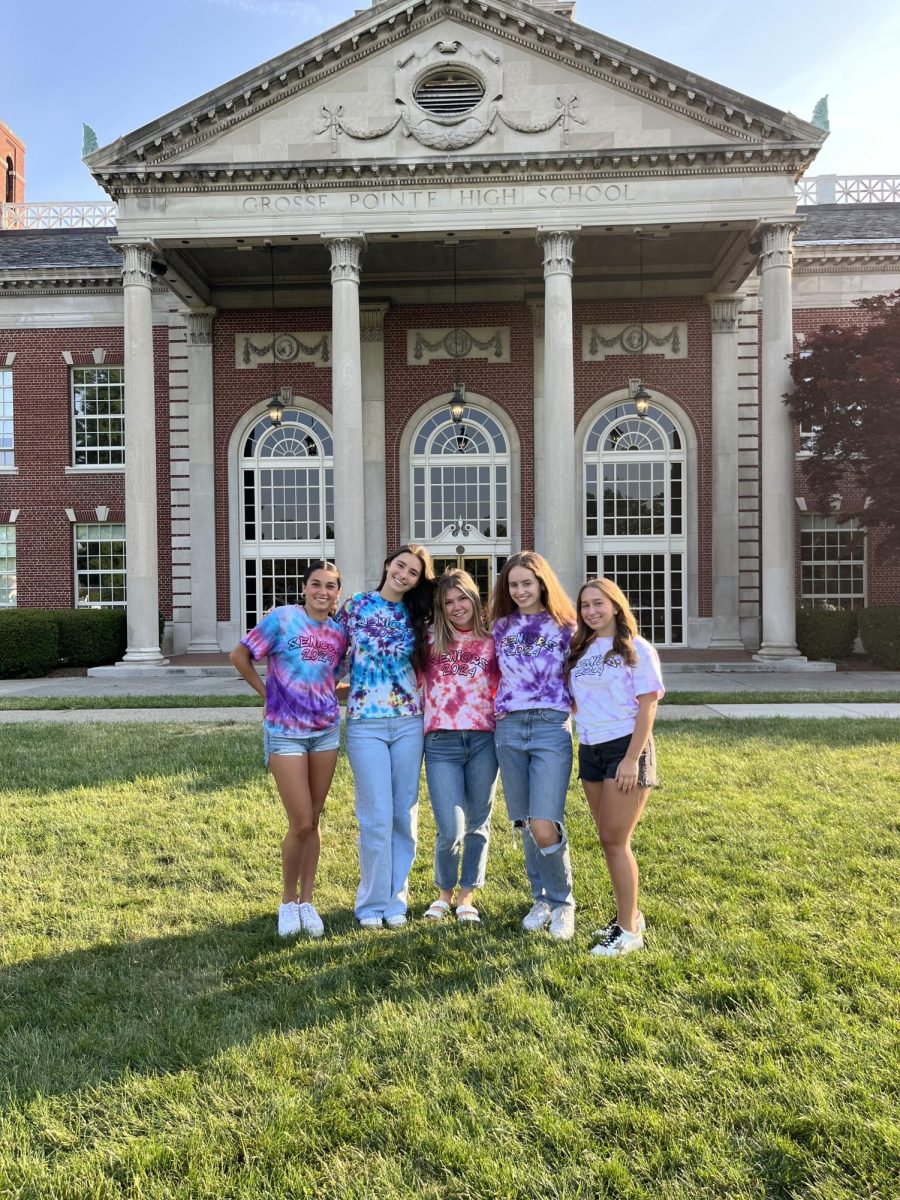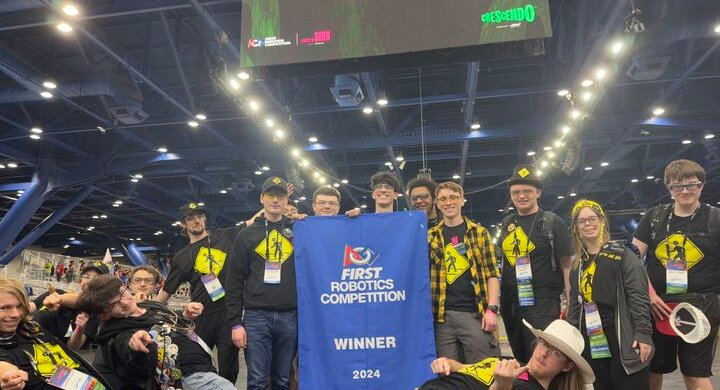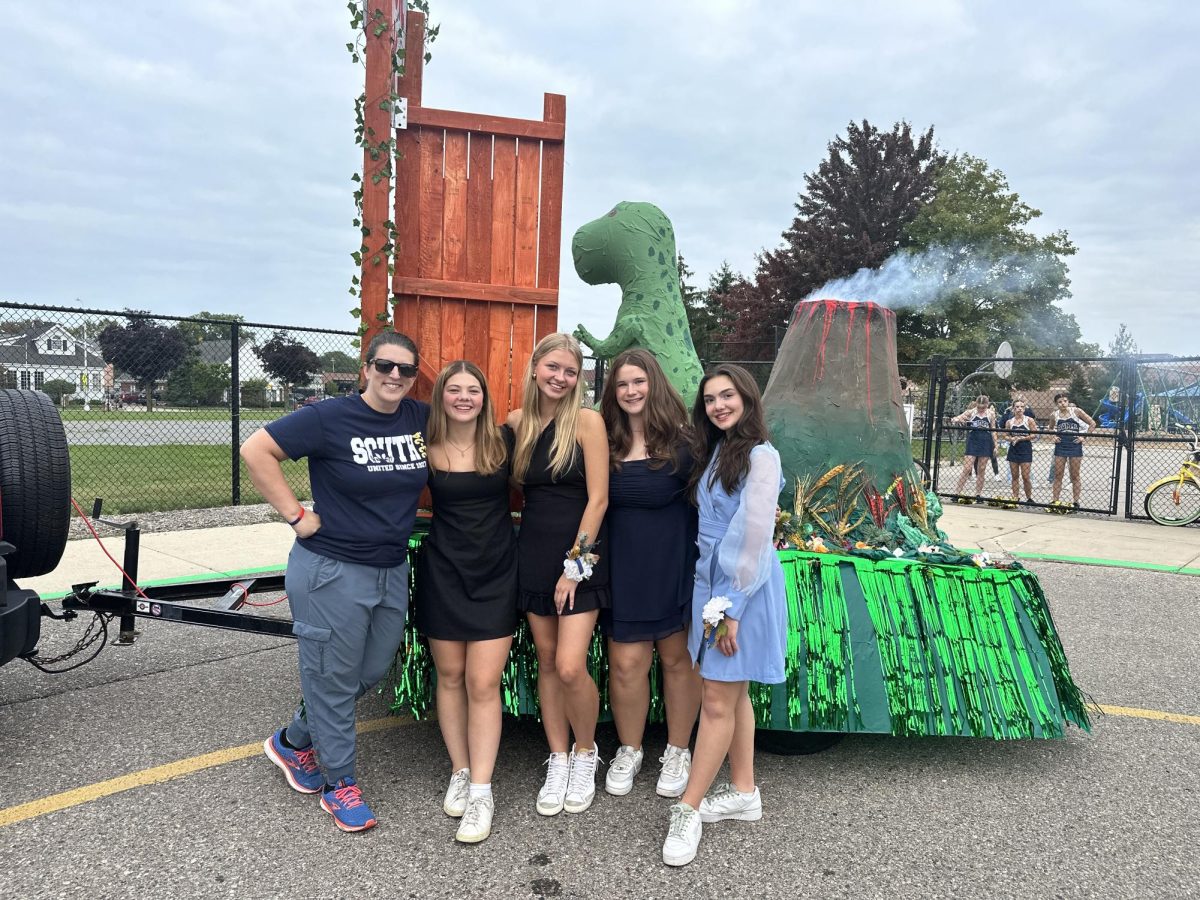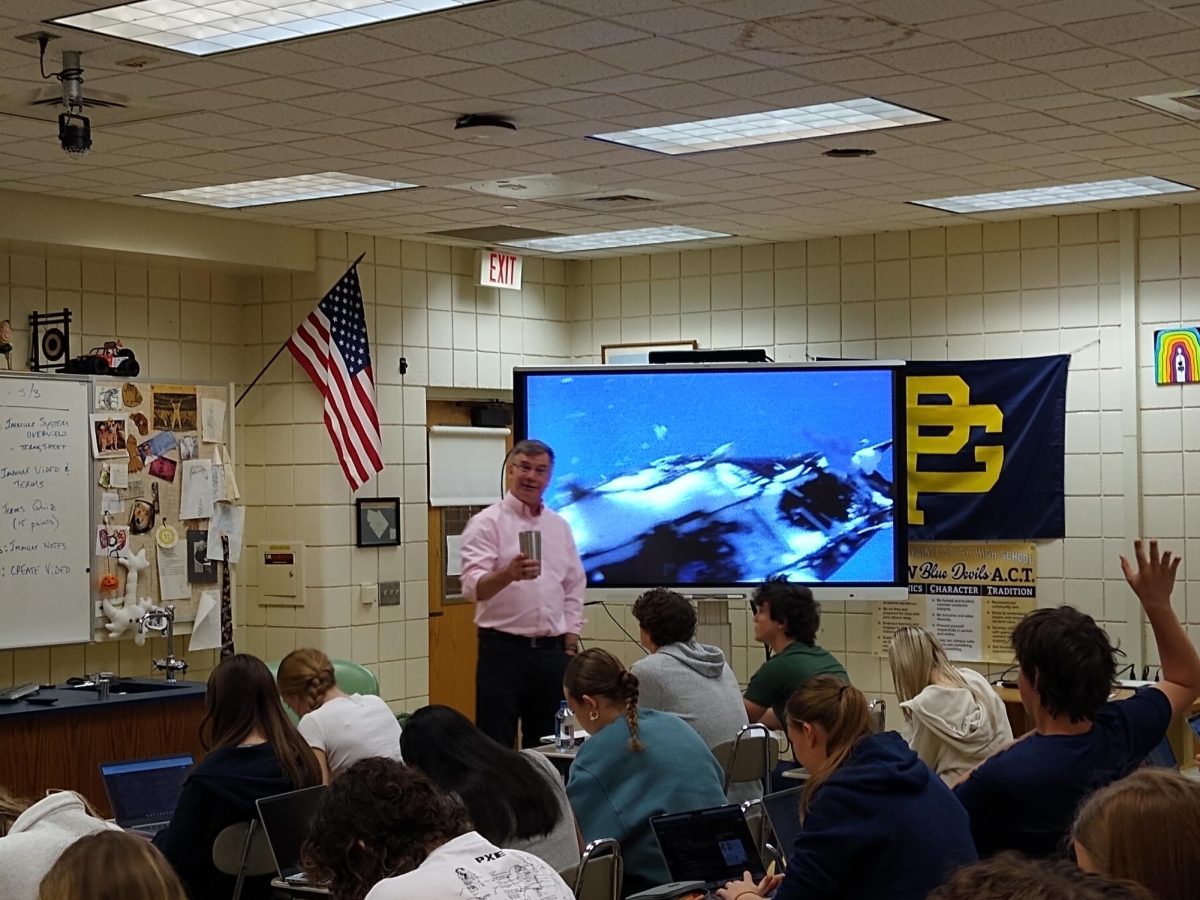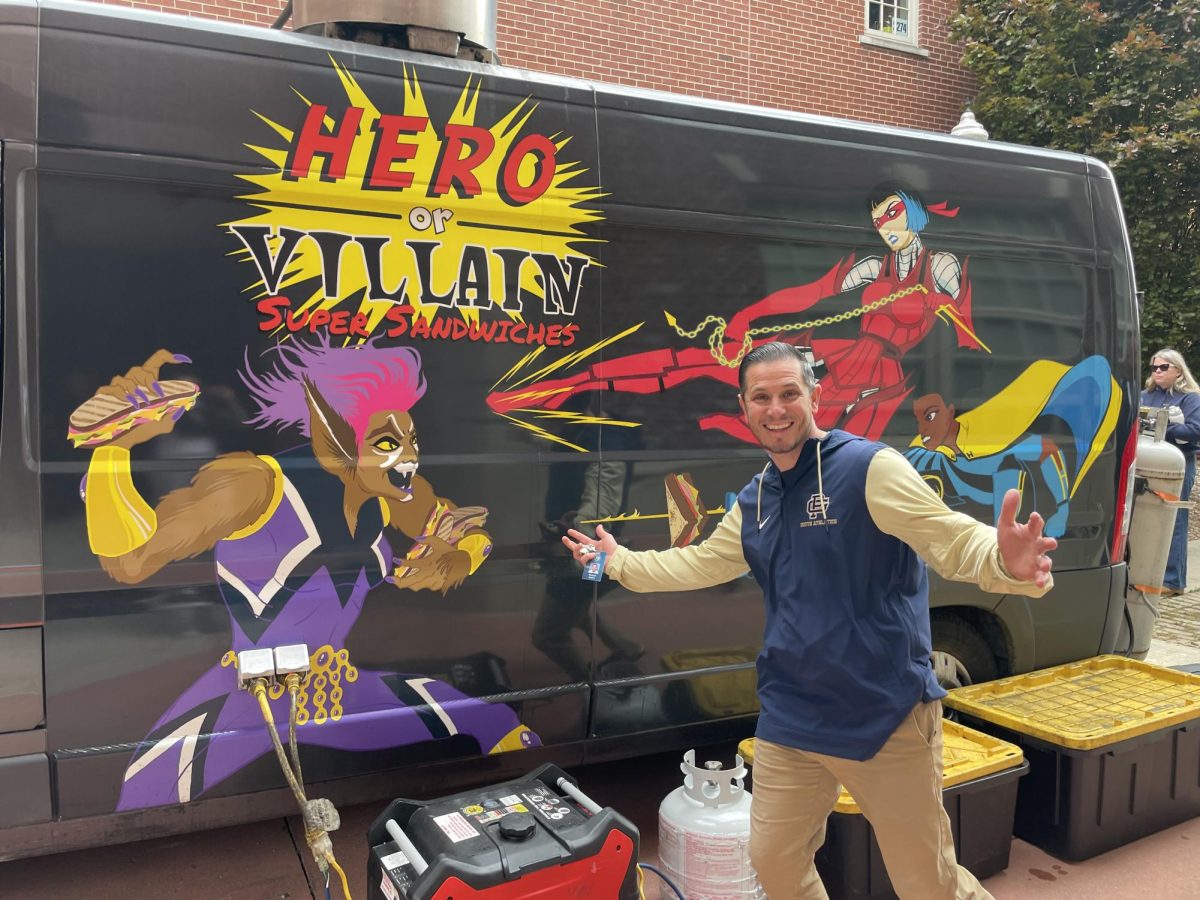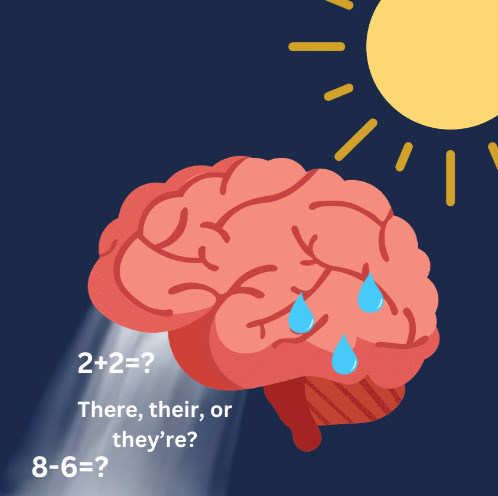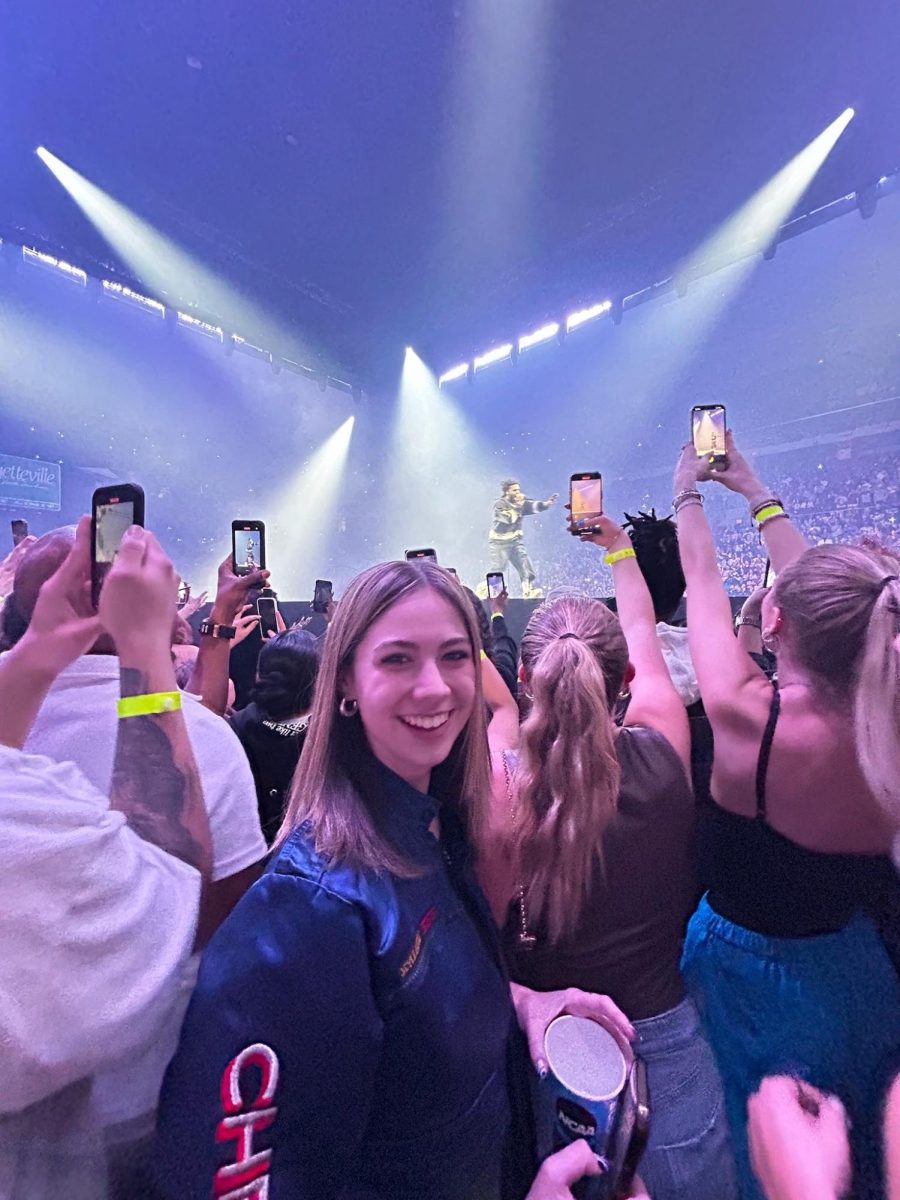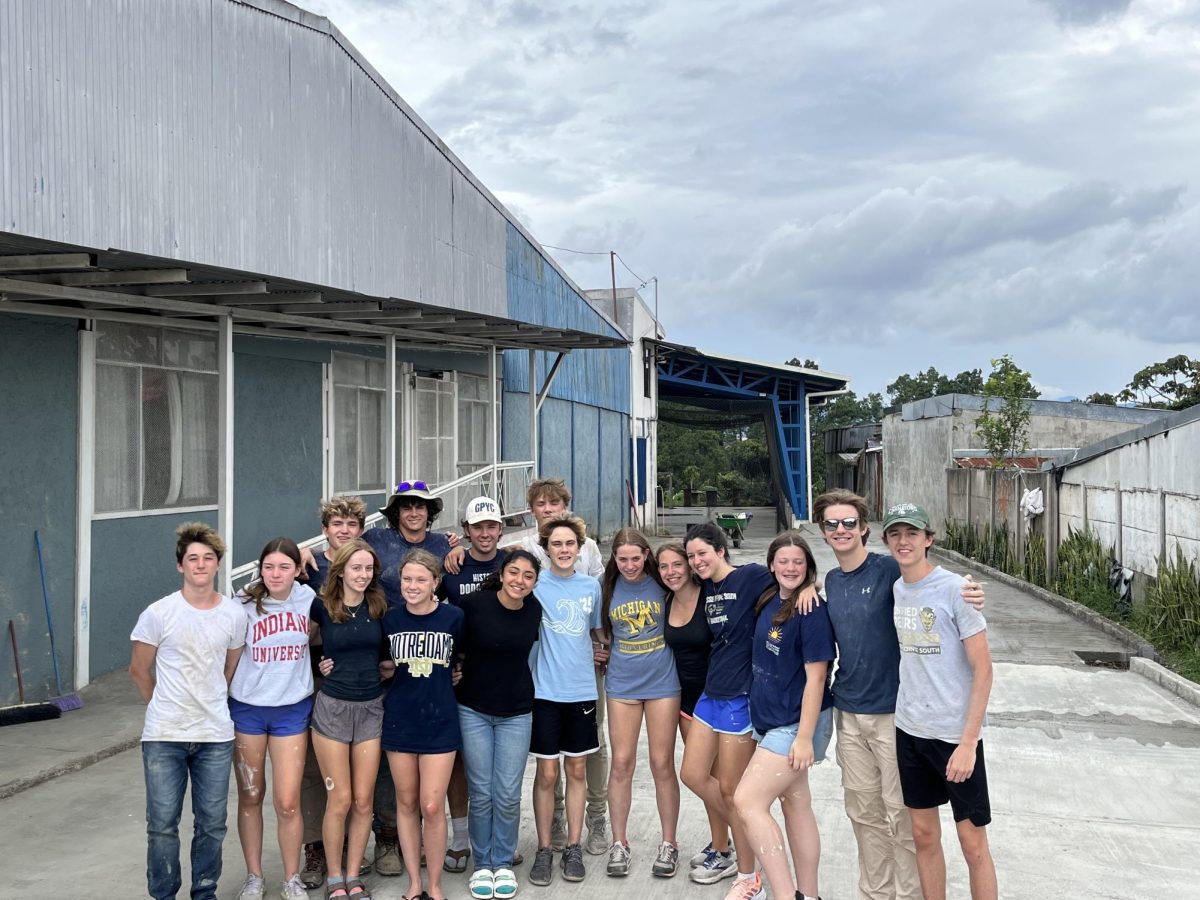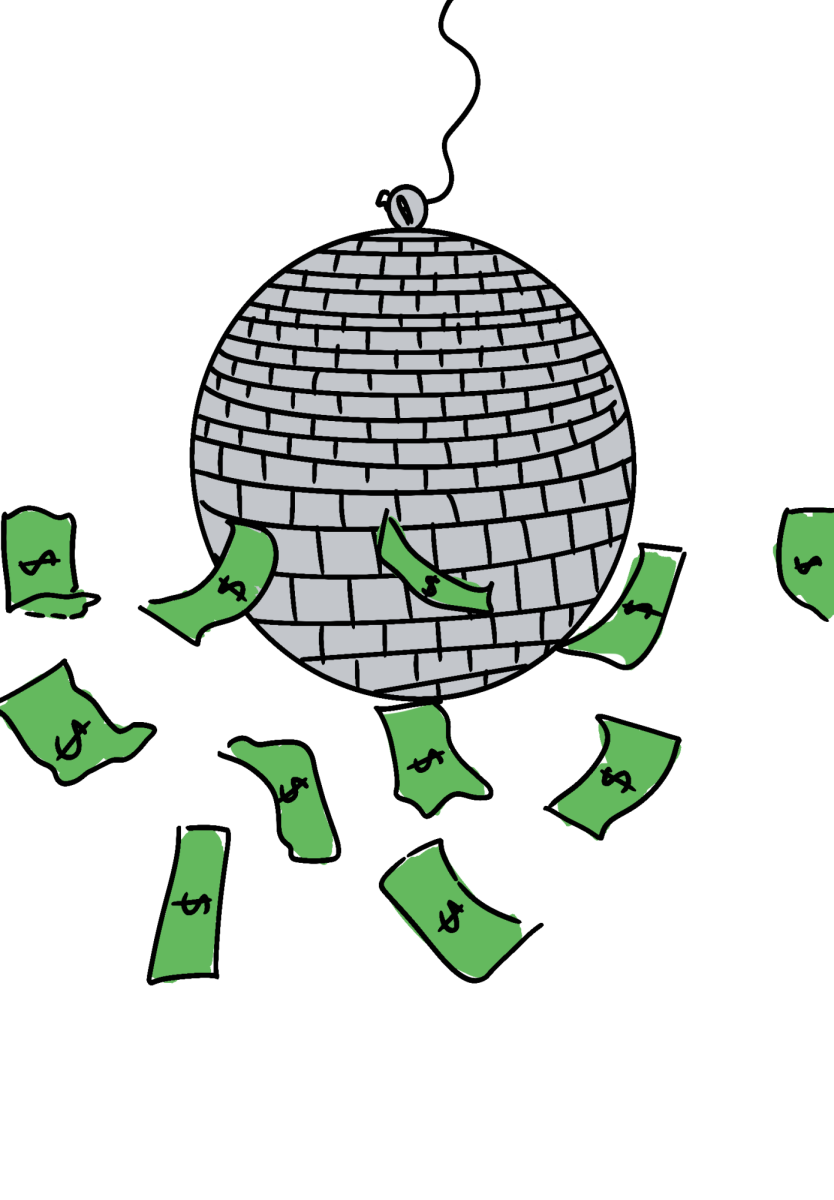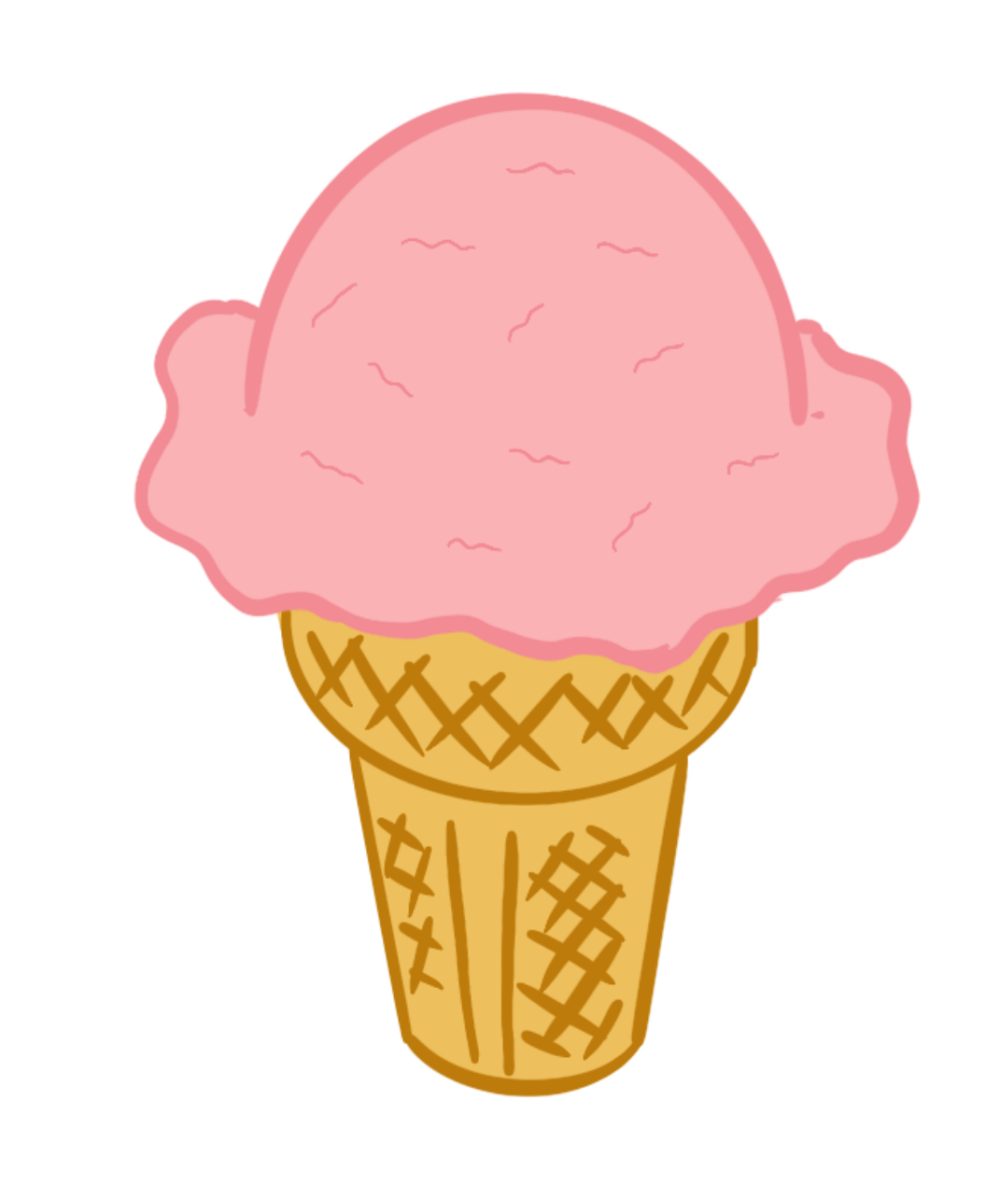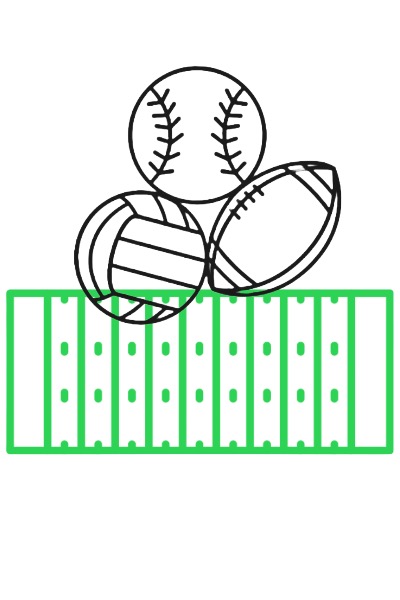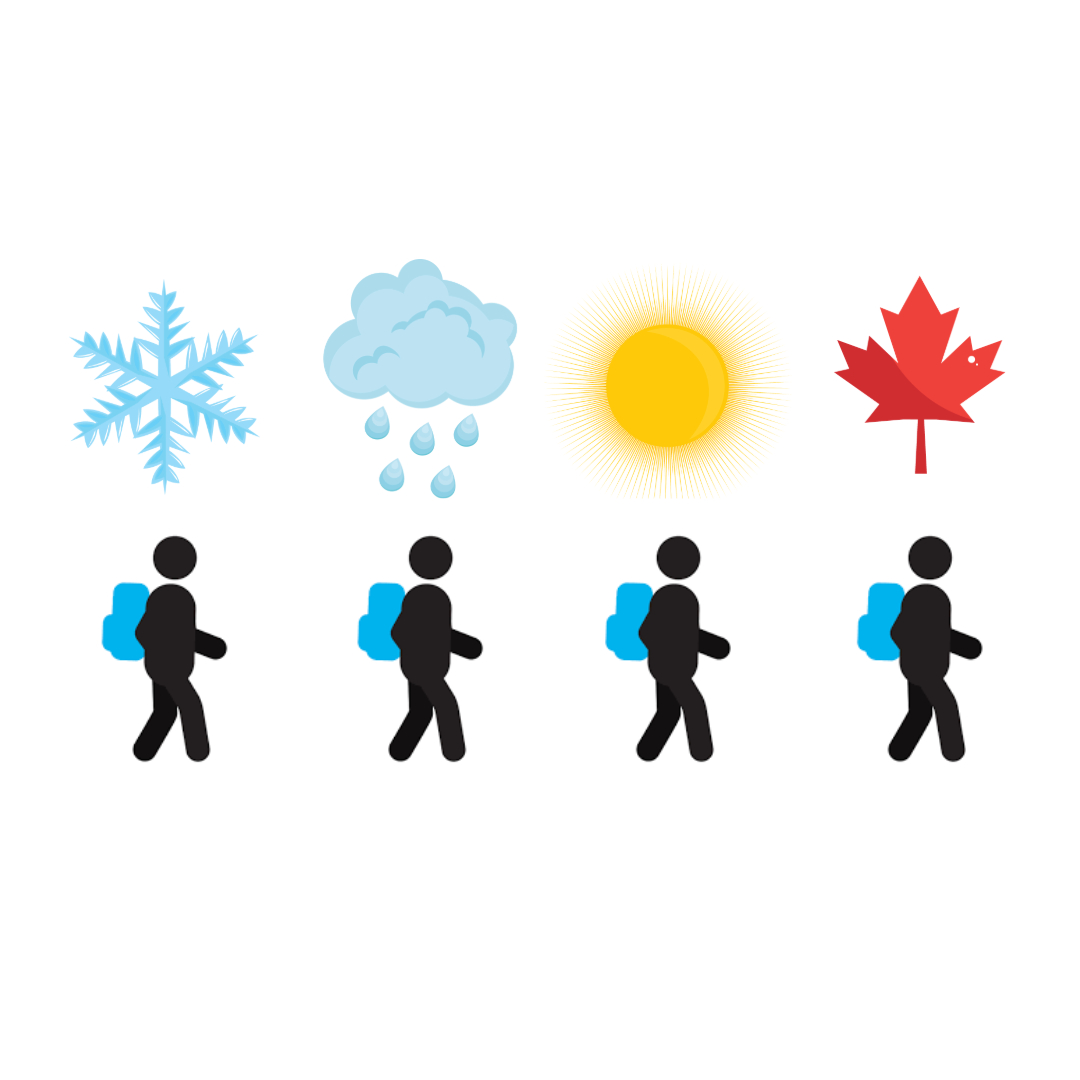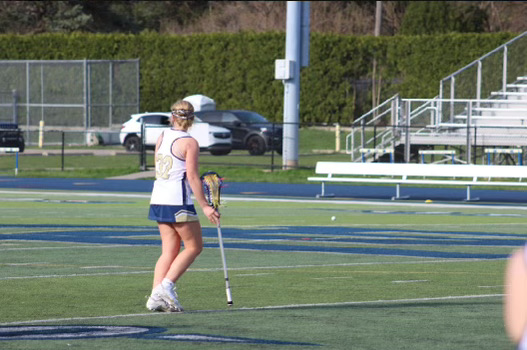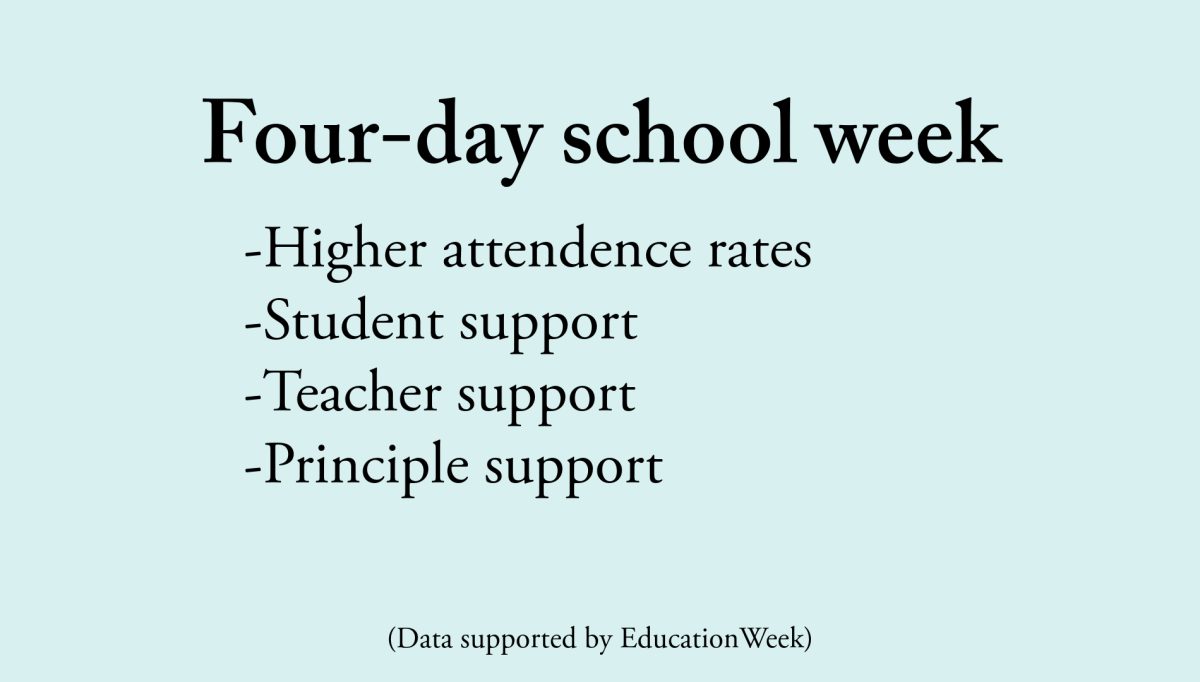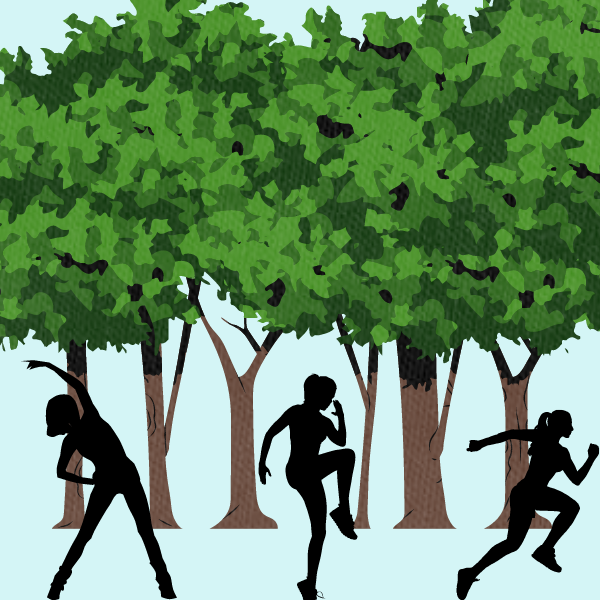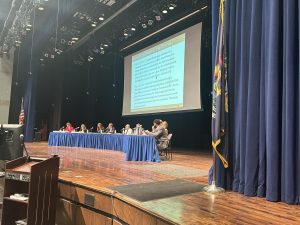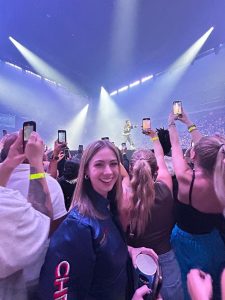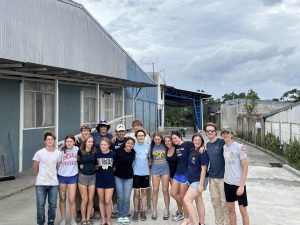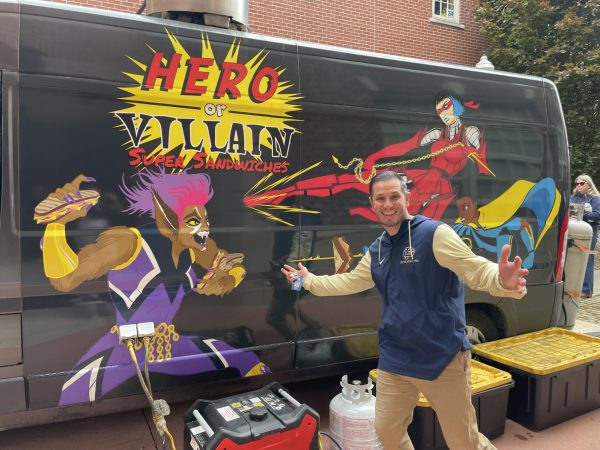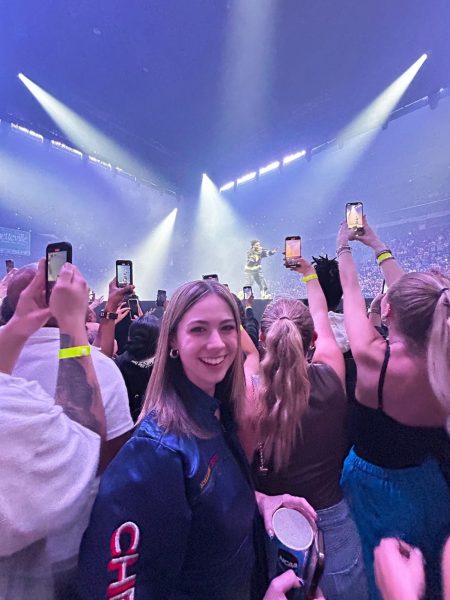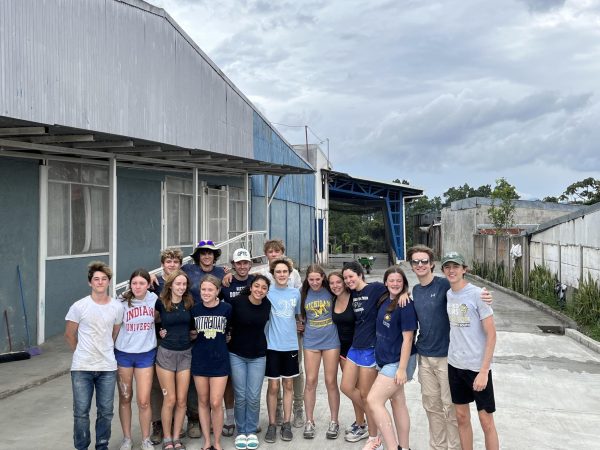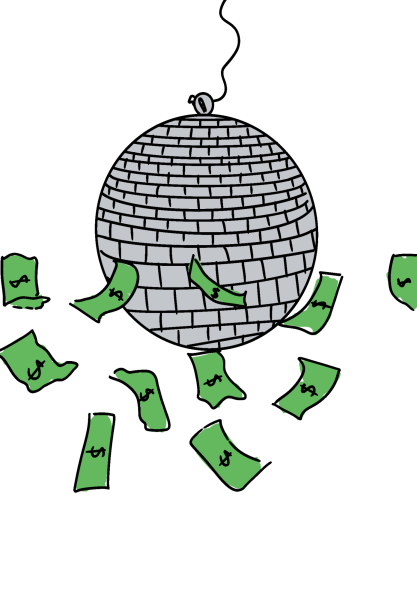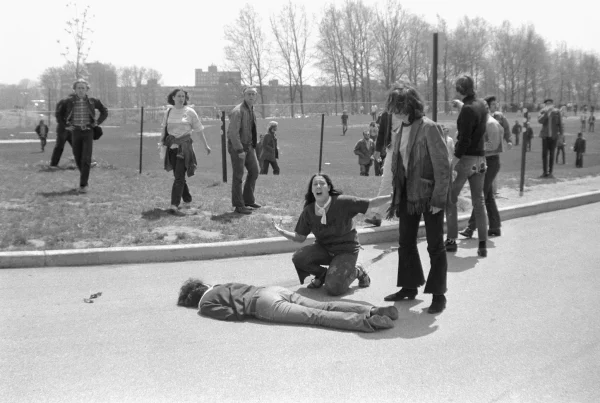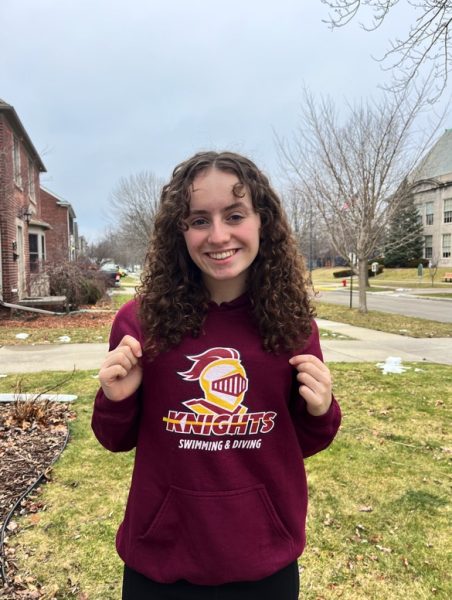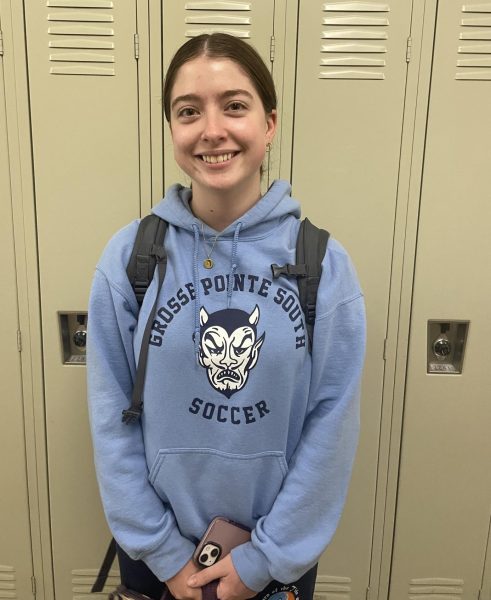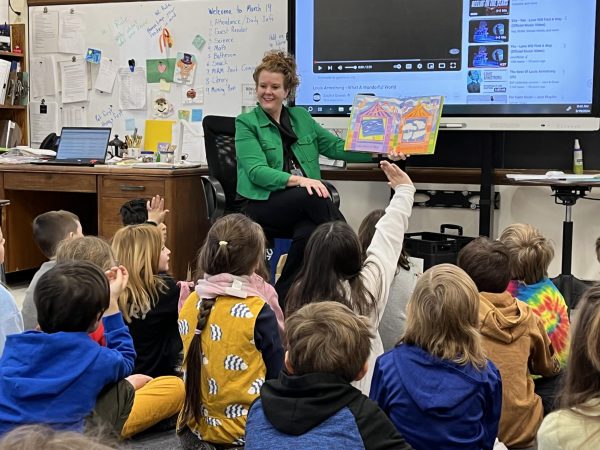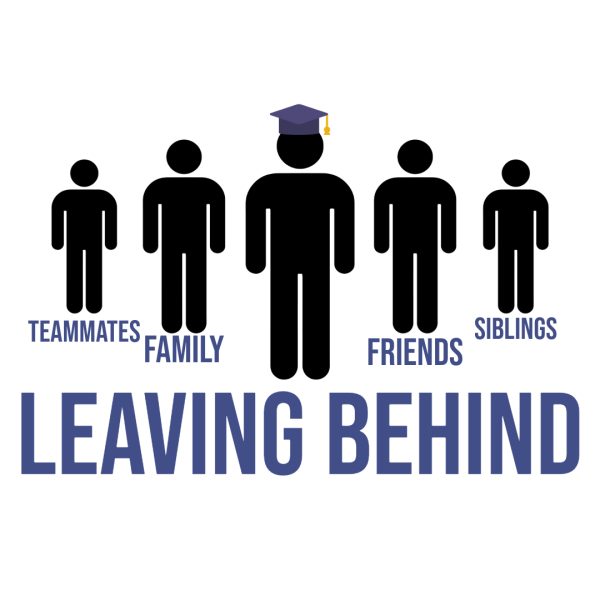AI encapsulates school work, but never human spirit
March 21, 2023

From the HAL-9000 to the Curiosity Rover, the development of robots impacted the world around us. Now, newly released versions of artificial intelligence (Al) have revolutionized the way people express and live.
According to ibm.com, AI is a “self-conscious” computer system that performs tasks which normally require human intelligence, such as speech recognition and decision-making. It utilizes data in order to learn and recognize patterns, with the goal of one day surpassing human intelligence.
Although the idea of ‘machines that think’ can be dated back to the Ancient Greeks, questions of AI were officially proposed in 1950 via Alan Turning’s book, Computing Machinery and Intelligence. Years later, the first trial and error computer, Mark 1 Perceptron, was created and the idea of neural networks began.
From there, AI continued to grow to mimic essays and response writing with programs such as ChatGPT, an AI that can answer prompts. With the idea of students dodging essays, counselor Beth Walsh-Sahutske believes that it can be a tool but also a hindrance to students.
“I think there are opportunities in AI with students that are dyslexic and have learning disabilities,” Walsh-Sahutske said. “This could be an incredible support to help level the playing field.”
Despite this, Walsh-Sahutske acknowledges that colleges honor honesty in their application process. This means with SAT and ACT scores becoming optional, college essays are essential for maintaining academic integrity and improving writing skills.
“To say it’s the end of college essays would be to say that this is the end of original writing,” Walsh-Sahutske said. “If you can’t string together items in a way that cleanly expresses your thoughts, then you’re going to have a very hard time.”
Additionally to generating essays, AI can create art as well. Tiktok filters and AI websites have taken social media by storm. Many artists have shown concern for plagiarism and the loss of originality.
“AI is gonna play huge ramifications in the art world but, if you’re using it as a tool for your own work, I don’t see any problem with it,” computer graphics teacher, Alexander Finney said.
Finney, like Walsh-Sathuske, agrees that AI can be used as a tool. If a student were to code an algorithm and submit data of their personal work, then it would be part of the creative process. But ultimately inserting other’s art into AI could be considered plagiarism.
Finney also believes that AI can never truly capture humanity in art like people can.
“The purpose of art is, to me, the experience,” Finney said. “It’s the experience of making, of how someone views your artwork and how they feel in their view your artwork.”
Students such as Acorn Kish ’26 concur that AI can’t mimic the complex emotions humans have, but rather than as a tool, they see it as something that could be banned in the future.
“It [AI] steals art a lot of times and gets rid of originality,” Kish said. “It could be used to cheat.”
AI has transformed the way solutions can develop and will only grow as the understanding of coding expands. However, AI can never truly capture humanity as can be described by Robin Williams in Dead Poets Society.
“We don’t read and write poetry because it’s cute, we read and write poetry because we are members of the human race and the human race is filled with passion.”

